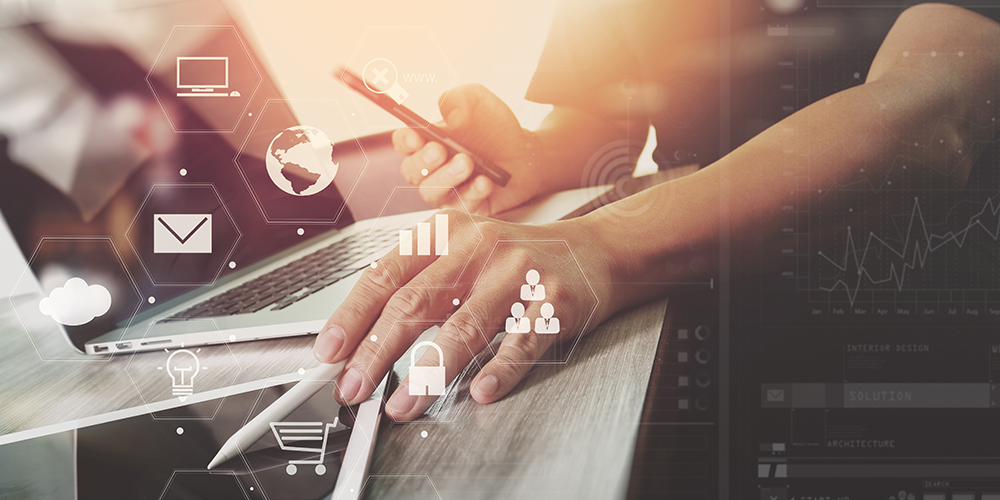
Technologically enriched workspaces through the employees’ eyes

Gone are the days when office spaces were flooded in artificial light and employees cramped into grim looking cubicles. Today, business have begun to take employees and their health quite seriously. They have begun to leverage technology to design workspaces to renew productivity and set workplace well-being in place.
This comes as positive news for employees, who on an average spends 90% of his time indoors. Many surveys and studies have highlighted the massive benefits that can be derived through technology. The primary of these would be creating workspaces that are better connected, comfortable and lead to a confluence of innovation.
In keeping with this, workspaces have started incorporating smart technologies such as wearables, artificial intelligence and the Internet of Things. However, inclusion of technology would prove quite fruitless if the workplace design doesn’t sync with it. The idea of being technologically forward through design and management has begun to increasingly influence both office owners and designers.
ALIGNING EMPLOYEES WITH TECHNOLOGY
Communication and networking are gradually evolving to become fluid concepts with the introduction of remote working and BYOD (bring your own device) policies. Employees are able to accomplish a lot more through video conferencing and online collaborations on their smart devices. Such communication technology can be greatly enhanced if the office space provides it the much-required foundation.
This emerges by ditching the cubicle model and fast embracing the open-floor plan. Without physical barriers, employees are able to actually get involved in the cultural aspect of a workspace. As the corner office concept becomes outmoded and is replaced by agile workspaces, individuals find themselves looking forward to coming in to work. Spatial design that pays equal attention to both social and functional areas accelerates productivity and comfort.
READING THE EMPLOYEES’ MIND
We live in a day and age where the right kind of data, when mined, processed and analysed can make a world of difference. This is true even in the case of employees where employers can harness design strategy through technology. Surveys and polls are conducted throughout the organisation and are processed with the help of Data Science technologies.
Insights derived from this data can provide the right strategy of design to drive up employee productivity and comfort. Creating dedicated spaces to promote fitness and relaxation is one of the prime directives herein. Additionally, design can be streamlined to suit all the age groups employed within the building. Offices can achieve this by including advanced security systems, recreational spaces, medical facilities, human centric lighting, adjustable windows, and modular infrastructure.
POWERING UP FLEXIBILITY
Smart office buildings with LEED certifications have become the norm today. With companies like Deloitte taking the lead, many others have begun to follow suit. As permanent desks and seats go out the window, doors are being opened to let flexibility in. Every cutting-edge piece of technology, application and sensor functions based on one single thing. This is the availability of constant and uninterrupted power supply.
Designs of open planned offices need to include power outlets that are not just easily accessible, but also closer to the employees. Just as work begins to take on a free-flowing nature, it needs to be backed up perfectly by designs where technology can fit in seamlessly. For instance, the right kind of power access can boost the functionality of sensors, turnstiles and employee-centric elevators.
As technology marries workspace design, we are set to see a harmonious future of offices. Employees have become the focal point of technologically designed work spaces and are bound to stay that way for the time being.
TAGS
Similar Blog Posts
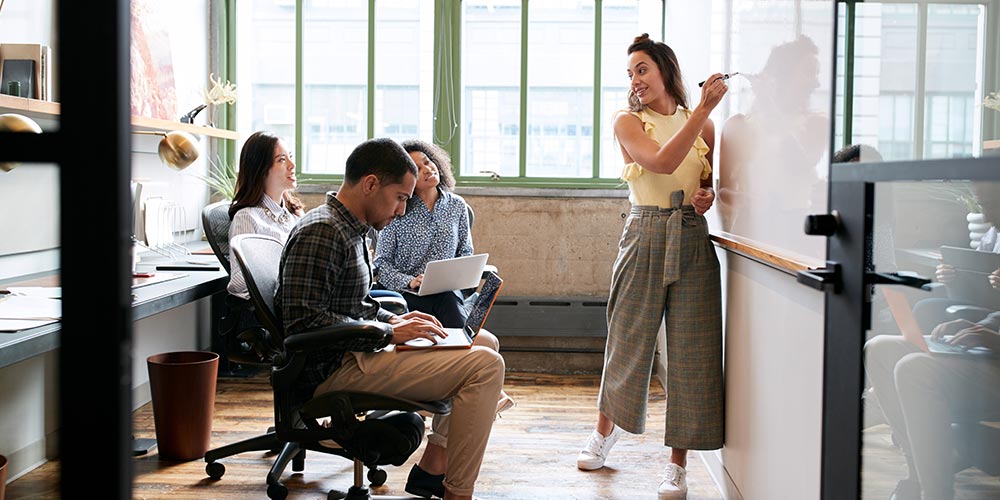
Smart Workplaces Leads to a ...
A closer look at the way offices were designed in the past highlights a glaring
TAGS
Structure Design Commercial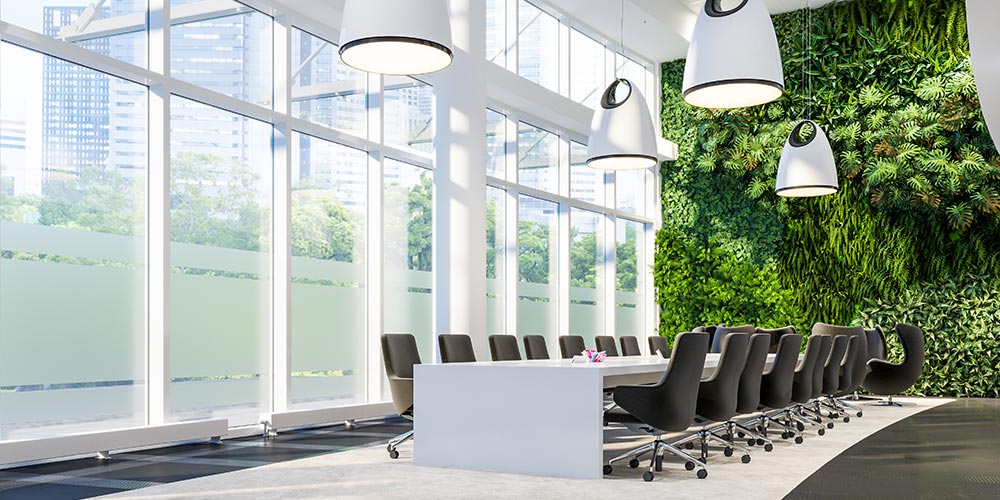
Introducing future-ready off...
‘For last year’s words belong to last year’s language. And ne
TAGS
Design
Cost effective sustainable s...
Commercial spaces world over are going green with high-rise offices competing to get certified in
TAGS
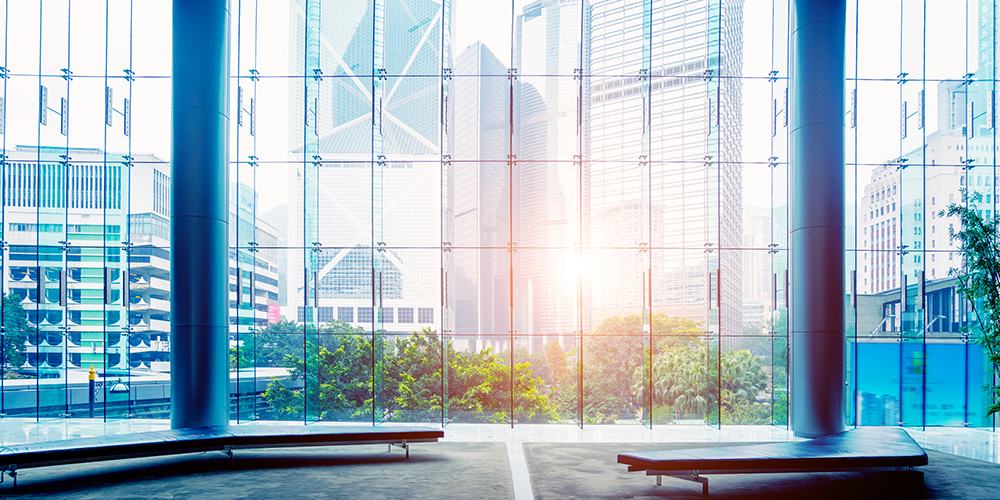
Going Green – Creating a S...
The worth of a business was previously measured in a two-dimensional, quantifia
TAGS
Design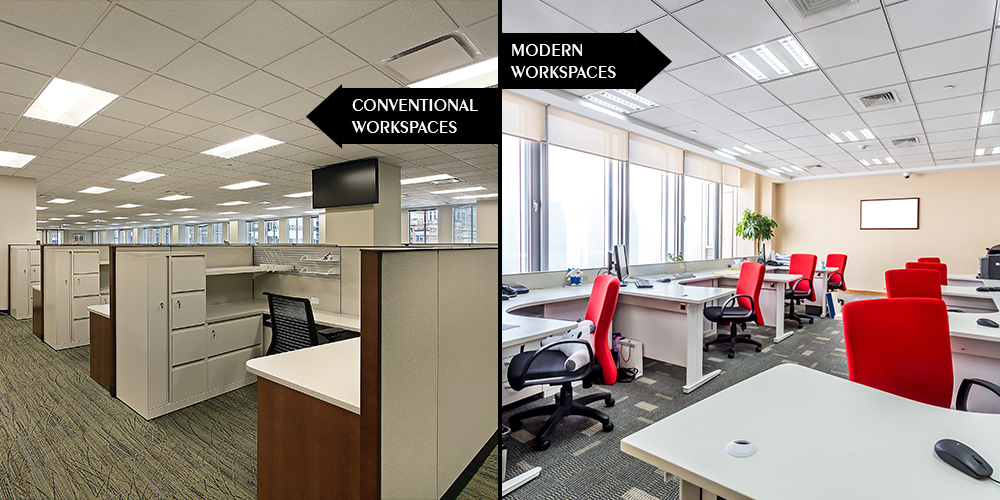
Evolution of Workspaces in T...
Historically speaking, office space design has come quite a long way today. This evolution has re
TAGS
Design Structure Commercial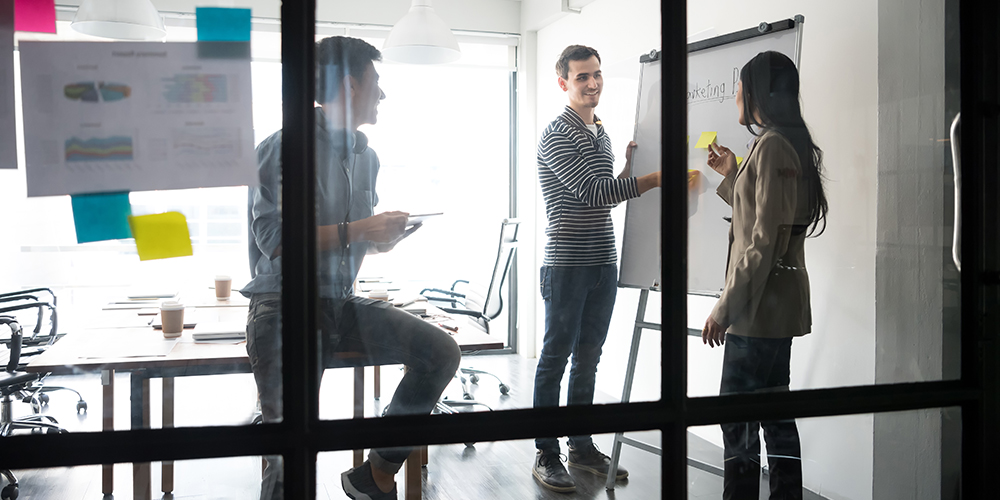
How Can Your Workplace Help ...
Organizations are evolving and adopting new strategies to be at the
TAGS
Commercial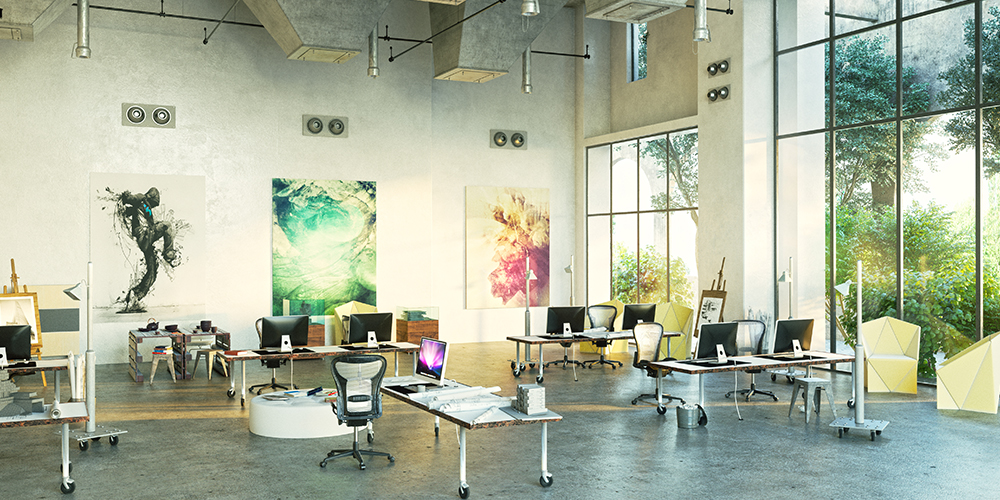
10 Reasons Why You Need Offi...
The art of running an organisation smoothly depends on how efficien
TAGS
Structure Design Commercial
Lodha Supremus, New Cuffe Pa...
In recent years, the demand for functional workspaces has increased enormously in India. Especial
TAGS
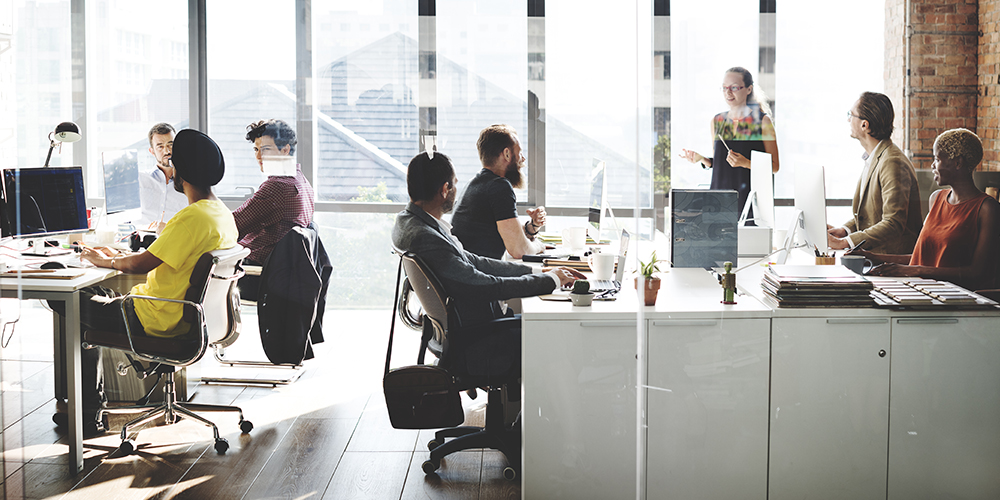
Things You Should Consider W...
As your business expands, you need a bigger workspace
TAGS
Commercial
Lodha and Ashoka University ...
Lodha has launched the 'Lodha Genius Programme' in collaboration with Ashoka University, a r
TAGS

Ultramodern Workplace is Equ...
In recent decades, workplaces have undergone tremendou
TAGS
Design Structure Commercial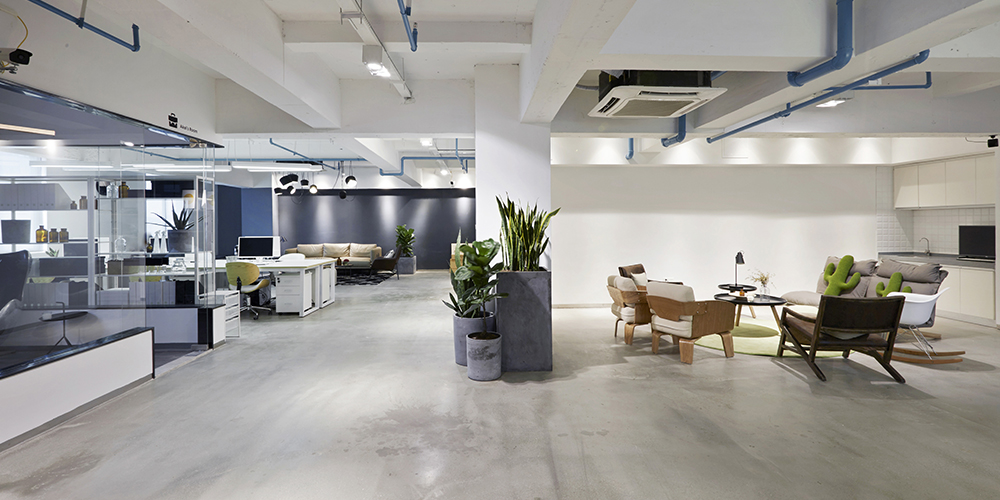
How does your office space h...
Branding is an important marketing tool for any busine
TAGS
Design Structure Commercial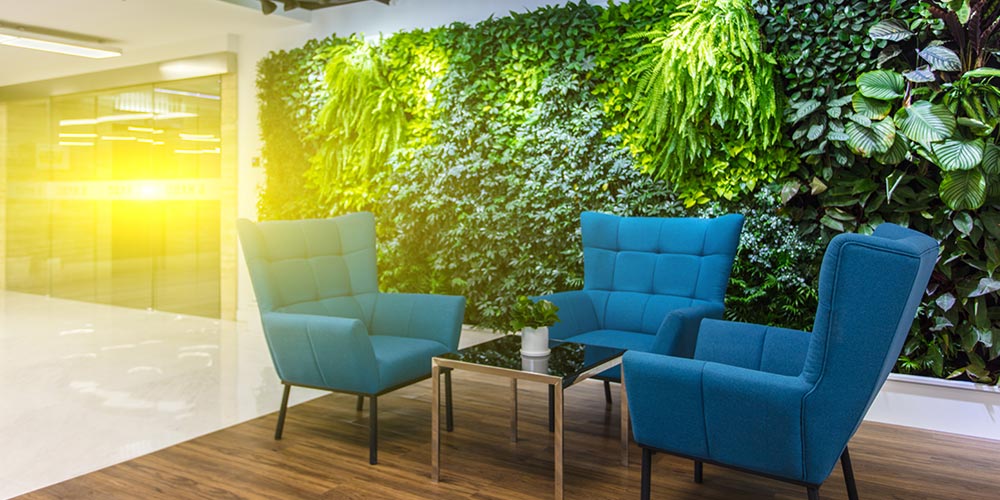
Reasons to Go Sustainable Wi...
The human civilisation has had deep-rooted connections with the natural environment since time im
TAGS
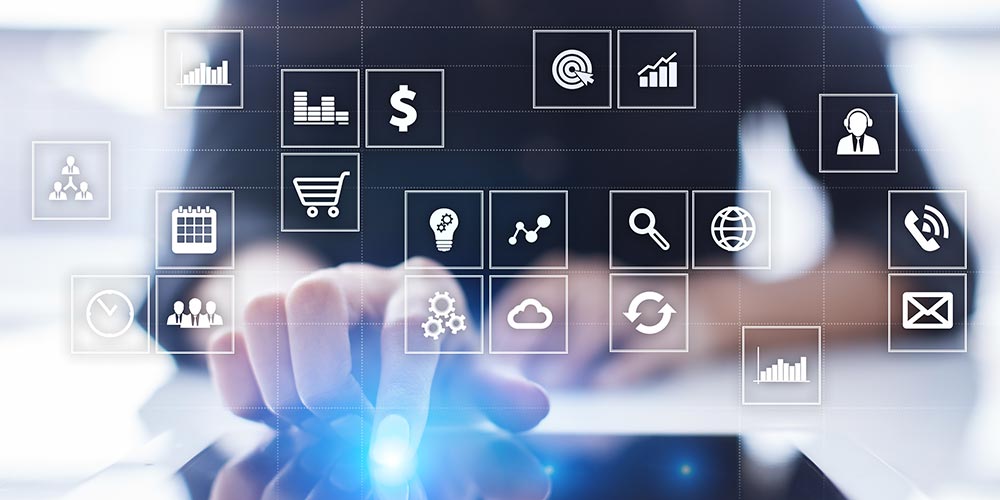
Upgrade Your Workspace and U...
‘Using technologies such as large-format touchscreens, voice-
TAGS
Design
First Edition...
Technological and social forces are transforming the nature of work in today’s age. Lodha offic
TAGS
Commercial offices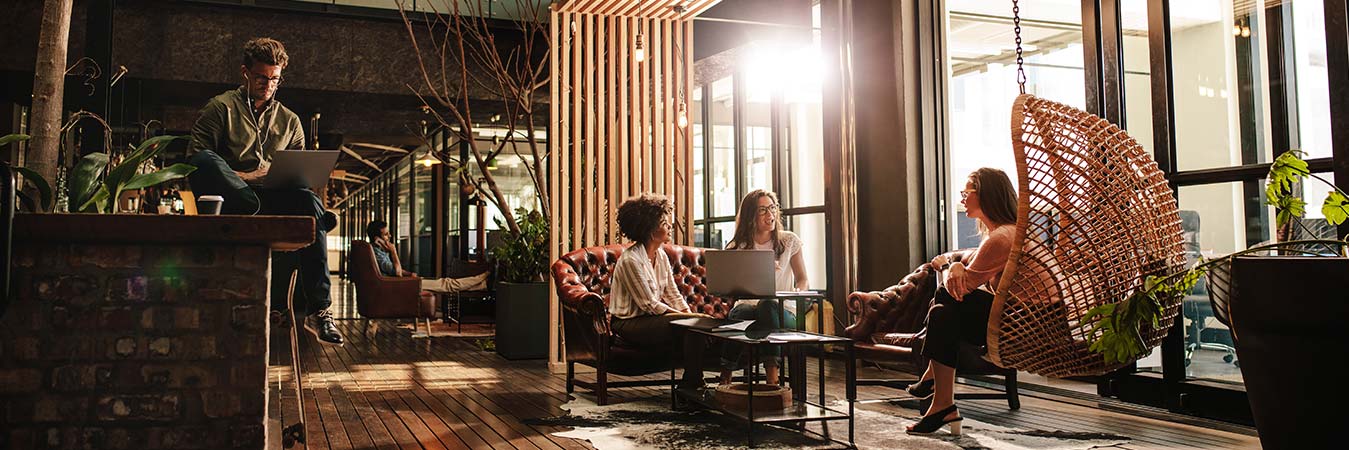
What kind of office do mille...
Millennials are shaping the workplace scenario. A rece
TAGS
Structure Commercial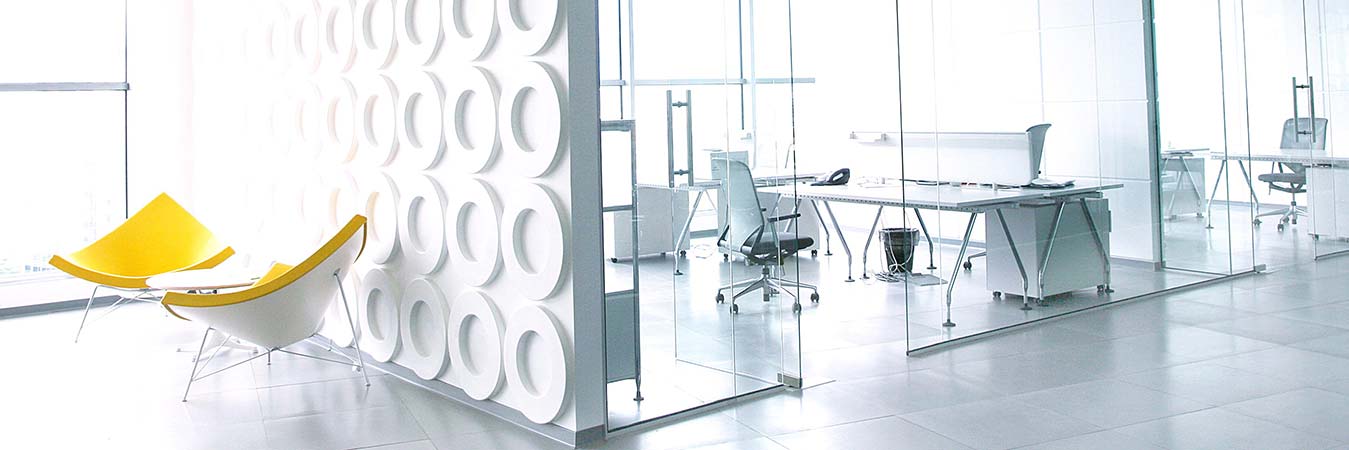
5 Innovative Designs That Ca...
Great ideas emerge out of the best of environments. An ideal workplace sh
TAGS
Design Structure Commercial
The Changing Workplace...
The workplace is not what it used to be. New office spaces, even in India, are being designed wit


